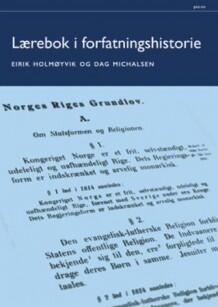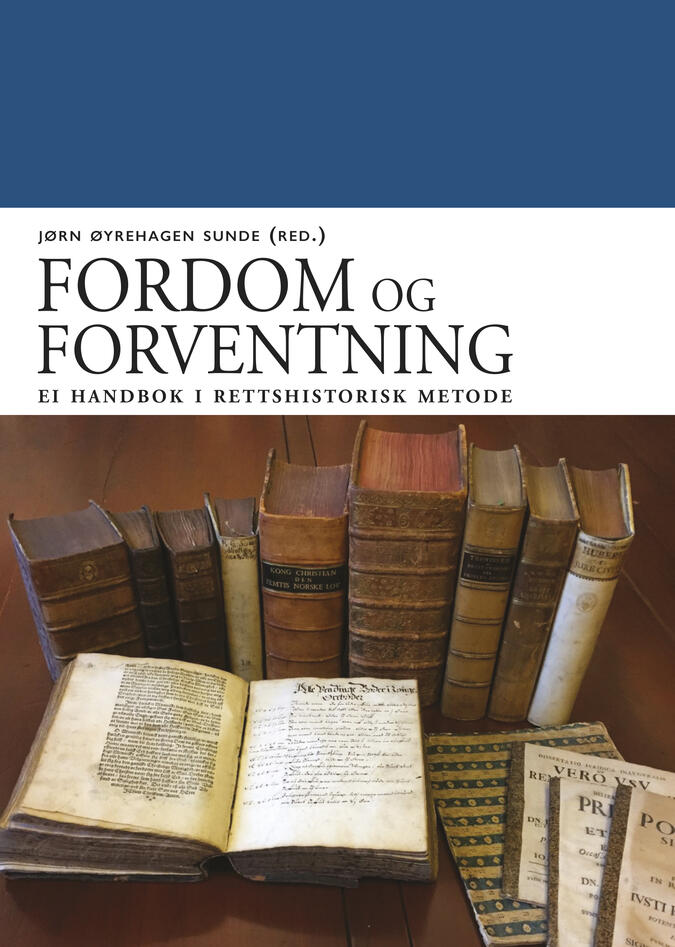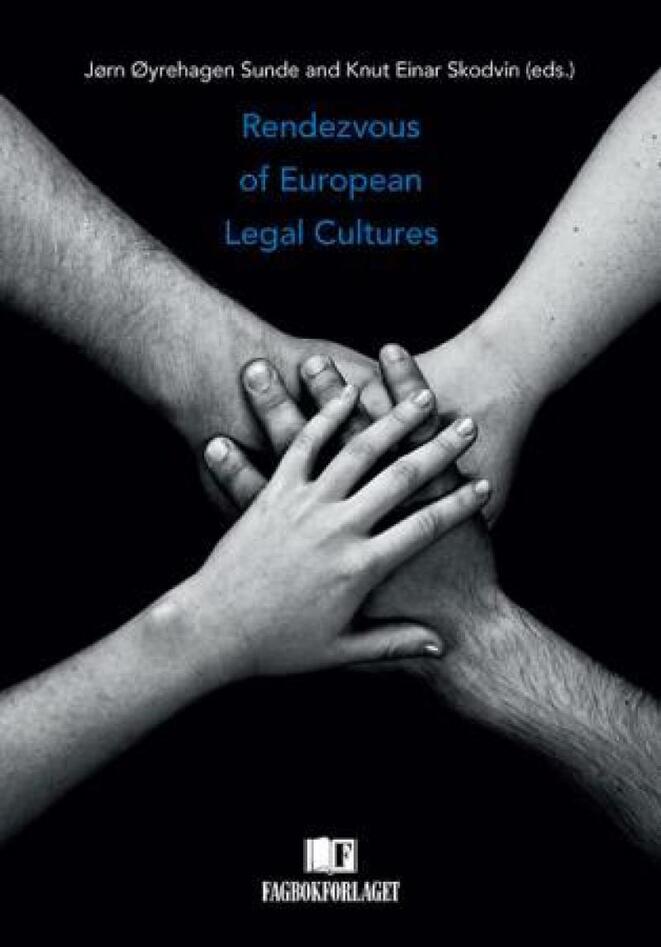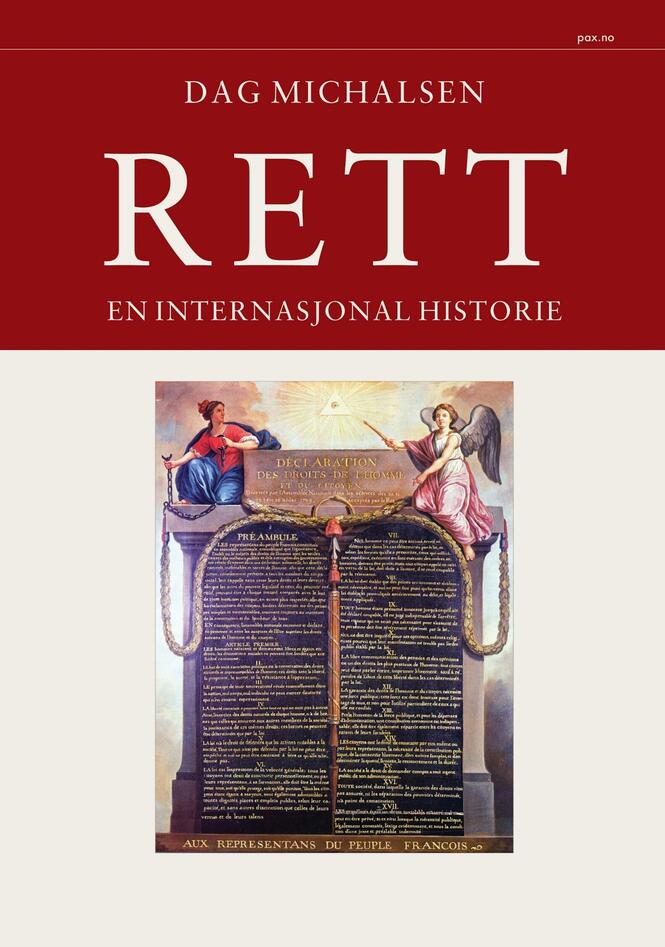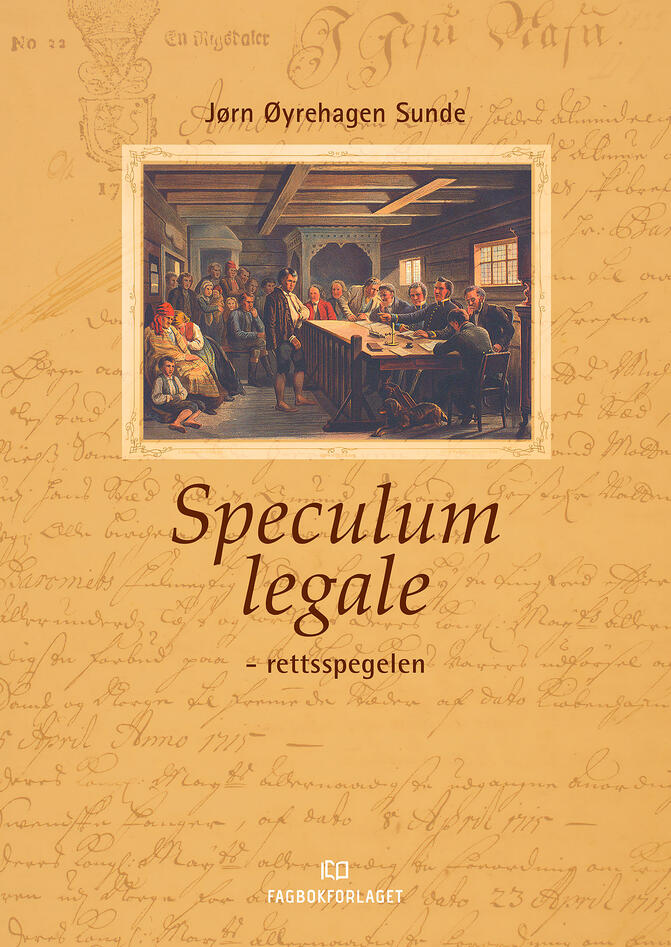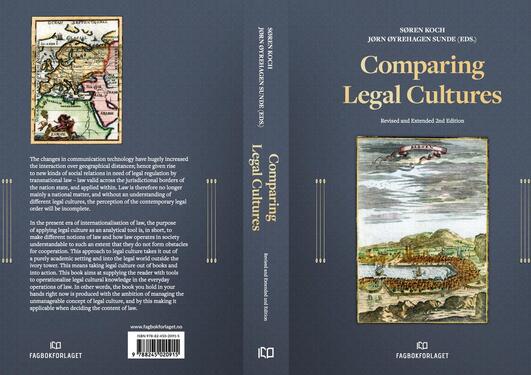Research based education
The research group's joined experience and excellence allows us to dynamically adapt teaching and assessments according to pressing challenges for society and law.

Main content
Research based education
Since 2007, the members of the research group have utilized the legal-cultural perspective in both research and teaching. Based on an operationalized concept of legal culture introduced by Jørn Øyrehagen Sunde, aiming to create an understanding that the law is influenced by the historical and cultural context in which it originated, we began teaching the history of Norwegian legal culture in a European context. Initially, we taught exclusively at the University of Bergen in courses such as Legal History and Comparative Law, Legal History and Comparative Law with a specific focus on Chinese legal culture, and Comparing Legal Cultures in Europe. Later, we expanded our teaching offerings to other institutions in Norway, including the University of Stavanger, the University of Agder, the University of Tromsø, and the University of Innlandet, as well as to institutions abroad, including in Scotland, Spain, Estonia, Poland, Austria, Switzerland, and Germany.
Over the past decade, members of the research group have published several key textbooks within the group's thematic focus areas: Legal Culture, Legal History, and Comparative Law. These textbooks typically result from collaboration between at least two, but often multiple, members of the group. The group's latest collaborative project is the book "Comparing Legal Cultures," which has become the leading textbook in comparative law in the Norwegian context and is increasingly used as a textbook abroad. Six members of the research group contributed their unique knowledge of various legal cultures to this project. Simultaneously, the research group has been a crucial supporter in developing an analytical framework for legal comparison based on a legal-cultural perspective. The teaching in courses such as Legal History and Comparative Law, Legal History and Comparative Law with special focus on China, and Comparing Legal Cultures in Europe is tailored to the book's postmodern, interdisciplinary, and progressive approach and methodology. The collective expertise of the research group enables the adaptation of teaching and exam tasks to current challenges for society and the law.
